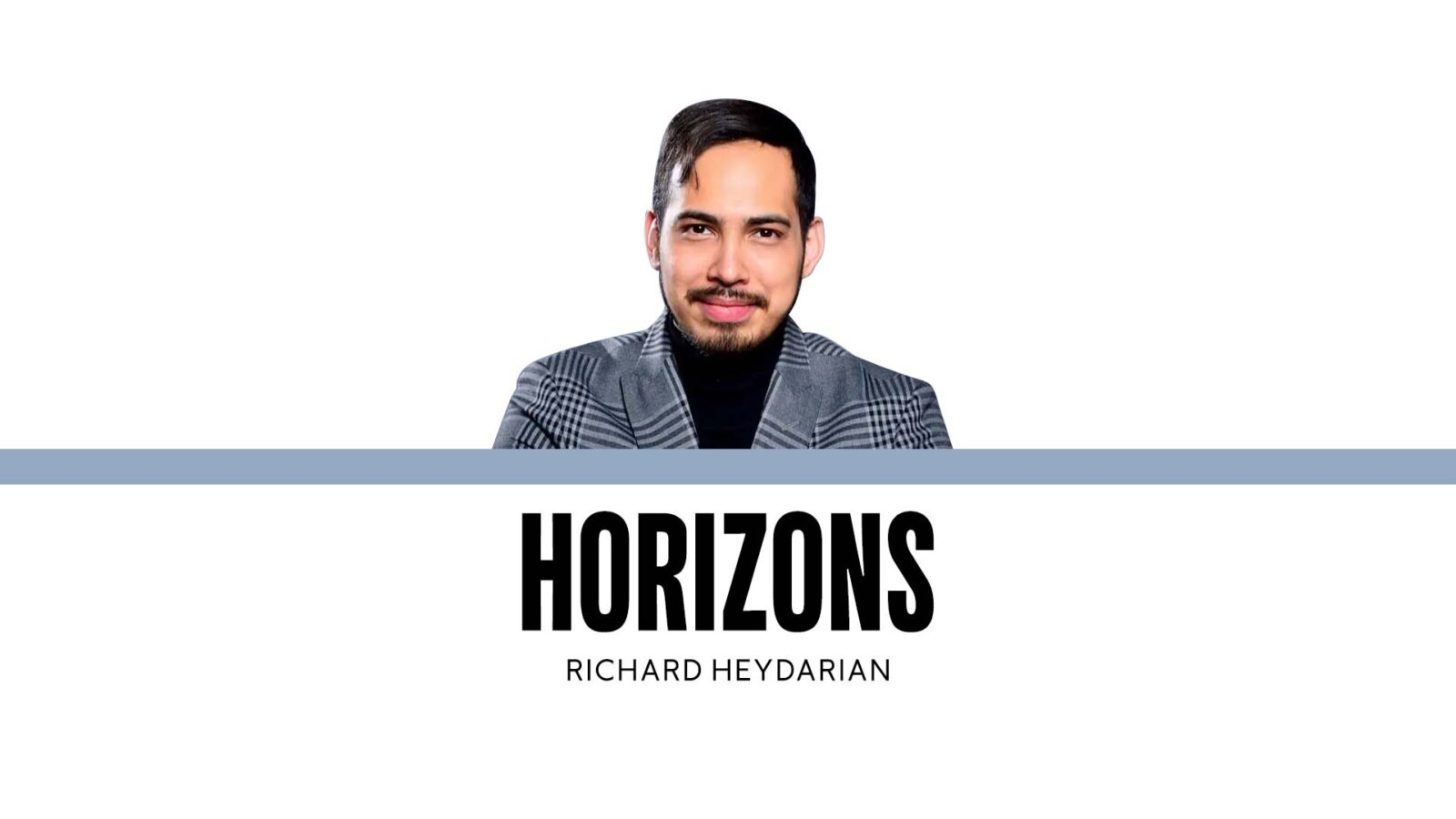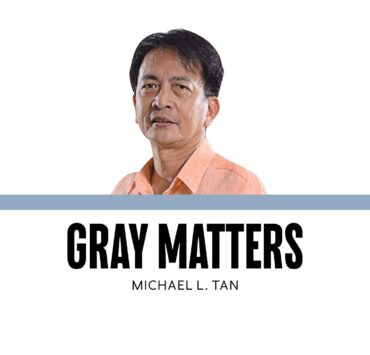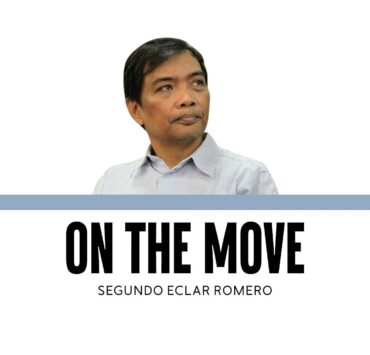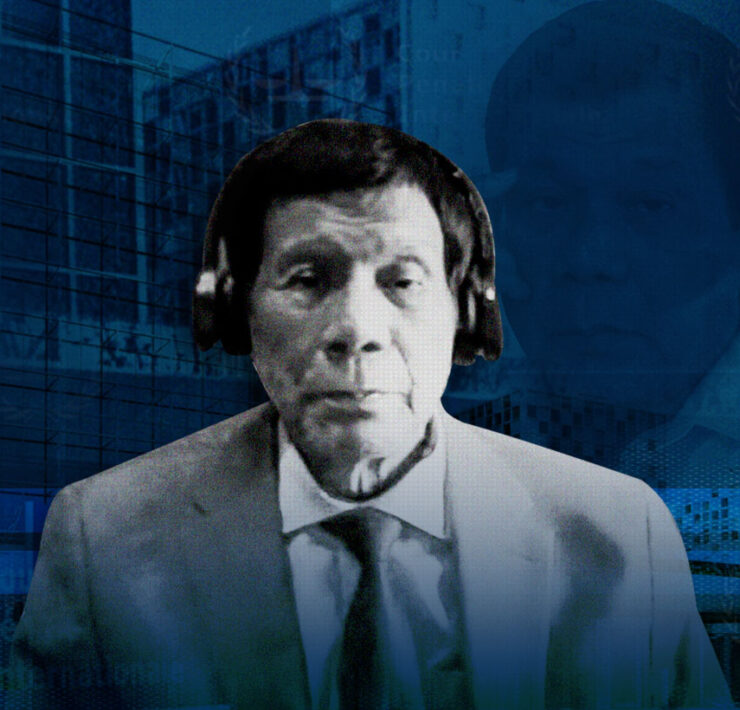Marcos metamorphosis: Anti-corruption hero?

Vancouver—Just over a decade ago, a prized opportunity presented itself: a chance to write for arguably the world’s most prestigious publication on international affairs. Following an interview with the Foreign Affairs magazine, I proposed to submit an essay on the legacy of then outgoing President Benigno “Noynoy” Aquino III. I was determined to ensure that a Filipino perspective was better reflected in influential global policy circles. What made writing for Foreign Affairs even more special was that no less than former senator Benigno “Ninoy” Aquino Jr. had been the last Filipino to have written for the influential publication. In a trenchant essay in 1968, titled “What’s Wrong with the Philippines?” Ninoy Aquino dispelled any illusions about the supposed economic miracle under the Marcos dictatorship. After almost two decades of rapid economic growth, which made Manila the successful candidate to host the Asian Development Bank, the Philippines was already on a downward spiral.
“Beneath the outpourings of self-serving government data, hidden underneath the trappings of the good life in the big cities, there remains a depressed and dispirited people,” Ninoy Aquino warned, describing a Gatsbyesque world of Imeldific luxury and prestige projects masking “great disparities and chronic inequities of Filipino society.” For Ninoy Aquino, his home country was already a land of “traumatic contrasts,” where “a few are spectacularly rich while the masses remain abjectly poor.” Against the backdrop of a “[g]leaming suburbia” and “the squalor of slums,” he bemoaned how “freedom and its blessings are a reality for a minority and an illusion for the many.” Half a century later, here I was, writing about similar conditions despite his son’s best efforts. In “Noynoy Stumbles: How Aquino Lost His Way,” I pierced through shallow macroeconomic indicators by warning of “[l]ack of inclusive growth and excessive delays in big-ticket infrastructure projects” as well as the general failing of his anti-corruption campaign, which primarily targeted political opponents while leaving his most controversial allies unscathed.
In an ironic twist of history, President Ferdinand Marcos Jr. has now assumed the anti-corruption mantle. He kicked off this surreal phase in his tenure during this year’s State of the Nation Address, during which he openly warned corrupt officials in cahoots with contractors to moderate their greed: “Mahiya naman kayo!” Mr. Marcos’ task is even more difficult than Noynoy Aquino’s. To begin with, the P10 billion pork barrel corruption scandal during the Noynoy Aquino administration pales in comparison to the nearly $10 billion flood control scandal hounding the current establishment. Moreover, a president named “Ferdinand Marcos” doesn’t necessarily inspire an anti-corruption image. The current President’s “off-brand” good governance initiative, however, confronts an even more daunting challenge: the time element. While Noynoy Aquino began his anti-corruption initiative during his early years in office, when he enjoyed high approval ratings and immense political capital, Mr. Marcos kicked off his own good governance drive from a relatively precarious state.
With the current President entering his legacy years, he risks alienating key allies, who could defect to the resurgent Duterte camp, which has been shamelessly weaponizing recrudescent public outrage over corruption. Never mind that all available data, as well as public testimony by the Discayas, show that the notorious contractors’ “good times” really started during the previous administration. According to a detailed study by the Philippine Center for Investigative Journalism, at least one of the Discaya companies (St. Gerrard Construction) bagged a whopping P12-billion project between July 2016 and December 2017.
The public spats between Malacañang and the House of Representatives, led by the President’s first cousin, could further erode Marcos Jr.’s political base, if not pave the way for a hostile takeover by pro-Duterte elements in Congress. Having rolled the dice, however, he can’t afford what Frantz Fanon described as an “ersatz struggle,” namely, a performative show of force sans substance. Heads should roll, and accountability begins at home. The Marcos Jr. administration will have to investigate its own departments, and, crucially, ensure proper accountability lest we risk an “Indonesia-like” situation amid escalating popular anger at systemic corruption. Not to mention, accountability for ill-gotten wealth from the past. There is a reason why the great German sociologist Max Weber warned a century ago against “the naiveté of believing that from good comes only good and from evil only evil.” A true statesman “put[s] his hand on the wheel of history” by “slow “drilling of hard boards” beyond empty rhetoric. The alternative, Weber warned, is political chaos.




















Making agricultural reform work